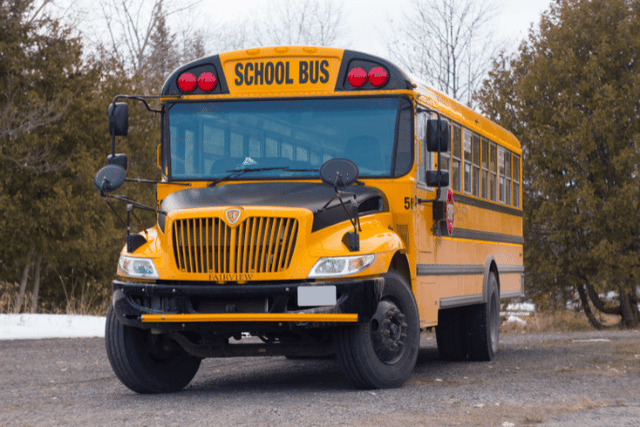
AuSSI Transport Audit (Secondary)
Lesson2 of 7 in this unit
SecondaryYear 7 - 10MathematicsHumanities and Social SciencesGeographyEnvironmentalClimate Change
Summary
Lesson Guides and Printables
Lesson Plan

Student Worksheet


Lesson Plan

Student Worksheet
